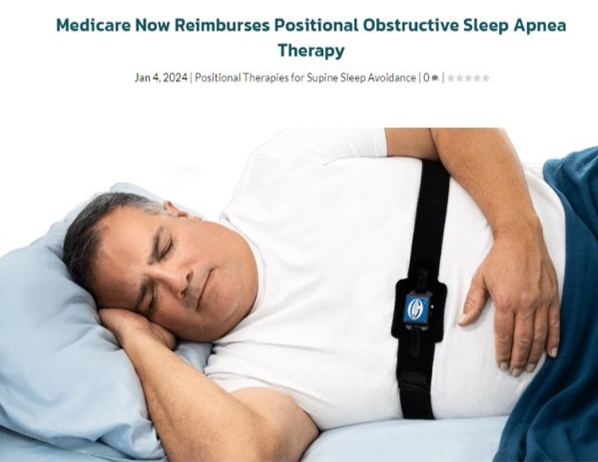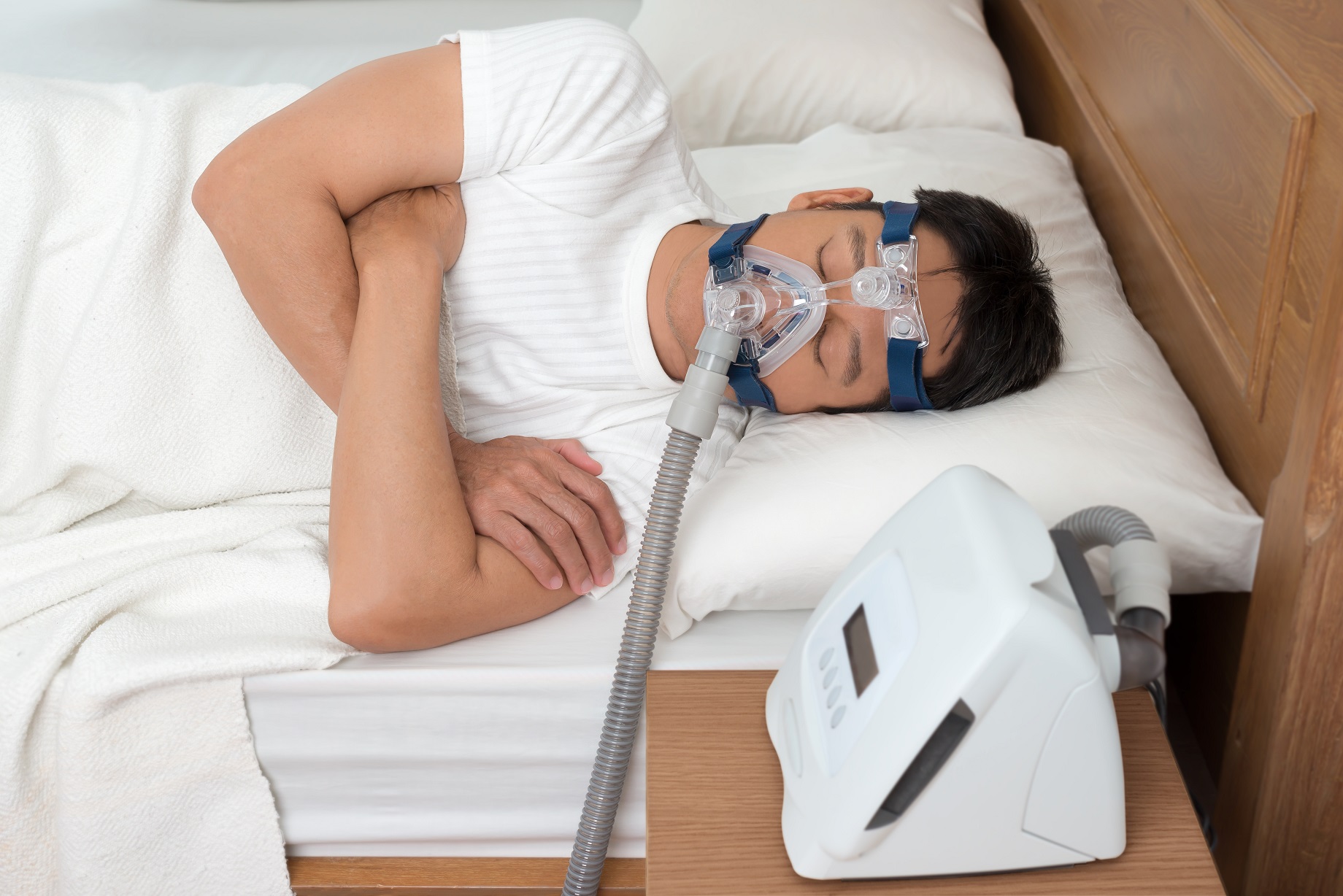Experienced Insomnia Specialist - Personalized Take Care Of Better Sleep
Experienced Insomnia Specialist - Personalized Take Care Of Better Sleep
Blog Article
Efficient Treatment Solutions for Taking Care Of Rest Disorders and Enhancing Peaceful Sleep
In the world of health care, the management of rest problems and the mission for relaxing rest are crucial elements of total well-being. Efficient therapy services provide a complex technique to take on these difficulties, ranging from cognitive behavior interventions to alternative practices that promote leisure and mindfulness. The exploration of numerous techniques, consisting of the combination of drug and light therapy, opens a world of possibilities in the search of better rest top quality. As we navigate the detailed landscape of sleep conditions and look for to enhance our rest experience, a much deeper understanding of these therapy options might hold the secret to opening a much more rejuvenating and meeting restorative trip.
Cognitive Behavioral Therapy for Sleeping Disorders (CBT-I)
Cognitive Behavior Treatment for Sleep Problems (CBT-I) is a structured, evidence-based treatment method that concentrates on resolving the hidden variables adding to sleep disturbances. This sort of therapy aims to modify behaviors and thoughts that aggravate sleep problems, ultimately promoting healthy and balanced sleep patterns. CBT-I normally involves a number of key elements, consisting of cognitive therapy, rest constraint, stimulation control, and rest hygiene education.
Cognitive treatment helps individuals determine and transform adverse thought patterns and beliefs about sleep that might be impeding their ability to drop or remain asleep. Rest restriction involves limiting the amount of time spent in bed to match the person's actual sleep period, therefore raising rest effectiveness (insomnia therapy). Stimulus control strategies aid establish a solid organization in between the bed and sleep by encouraging individuals to visit bed only when sleepy and to stay clear of involving in promoting activities in bed
Furthermore, rest hygiene education and learning concentrates on creating healthy and balanced rest habits, such as keeping a consistent rest timetable, developing a relaxing bedtime regimen, and maximizing the rest setting. By dealing with these aspects adequately, CBT-I offers a reliable non-pharmacological treatment for managing sleeping disorders and improving overall sleep high quality.
Sleep Hygiene Practices
Having established the foundation of cognitive restructuring and behavioral modifications in dealing with sleeplessness with Cognitive Behavioral Therapy for Sleeplessness (CBT-I), the emphasis currently shifts in the direction of exploring crucial Sleep Health Practices for maintaining ideal sleep top quality and general wellness.
Sleep health methods include a variety of habits and ecological variables that can substantially impact one's capacity to sleep and stay asleep throughout the evening. Constant rest and wake times, producing a relaxing going to bed routine, and maximizing the sleep setting by keeping it dark, silent, and cool are crucial parts of great sleep health. Limiting direct exposure to displays prior to bedtime, preventing stimulants like caffeine close to bedtime, and taking part in routine exercise throughout the day can also advertise much better rest quality.
In addition, practicing leisure techniques such as deep breathing workouts or reflection before bed can help relax the mind and prepare the body for rest. By integrating these sleep health methods into one's daily routine, people can develop a healthy and balanced rest pattern that sustains relaxed sleep and overall well-being.
Relaxation Techniques and Mindfulness
Implementing relaxation techniques and mindfulness practices can play a pivotal role in fostering a sense of calmness and advertising quality see here now rest. In addition, led imagery can help deliver individuals to a relaxed area in their minds, helping in stress and anxiety decrease and improving rest top quality.
Mindfulness techniques, such as reflection and yoga exercise, are additionally effective in advertising relaxation and enhancing sleep. Mindfulness encourages people to stay present in the moment, releasing fret about the past or future. By incorporating these techniques into a going to bed regimen, people can signify to their bodies that it is time to relax and prepare for sleep. In general, incorporating leisure strategies and mindfulness methods can considerably add to managing rest conditions and improving total sleep high quality.

Medication Options for Sleep Disorders
After checking out relaxation strategies and mindfulness methods as non-pharmacological treatments for boosting rest high quality, it is necessary to think about medicine alternatives for people with sleep problems. In cases where way of living changes and treatment do not provide adequate alleviation, medication can be a useful tool in managing rest disruptions.
Generally recommended medications for sleep disorders consist of benzodiazepines, non-benzodiazepine hypnotics, antidepressants, and melatonin receptor agonists. Antidepressants, such as trazodone, can be advantageous for people with co-occurring clinical depression and sleep disruptions - cognitive behavioral therapy for insomnia (CBT-I).
It is critical for people to speak with a doctor to establish the most proper medicine choice based on their details rest disorder and clinical history.
Light Therapy for Body Clock Law
Light therapy, additionally called photo-therapy, is a non-invasive treatment method made use of to control circadian rhythms and boost sleep-wake cycles. This therapy involves direct exposure to intense light that imitates all-natural sunlight, which helps to reset the body's biological rhythm. By exposing people to particular wavelengths of light, generally in the early morning or night relying on the wanted effect, light therapy can efficiently readjust the body clock to promote wakefulness throughout the day and enhance peaceful rest in the evening.
Research study has shown that light treatment can be especially advantageous for people with get redirected here body clock conditions, such as delayed sleep stage disorder or jet lag. It can additionally be practical for those experiencing seasonal depression (SAD), a type of anxiety that commonly takes place throughout the winter season when all-natural light direct exposure is decreased. Light treatment is typically well-tolerated and can be used along with various other therapy techniques for sleep problems to optimize results and enhance total rest quality.
Final Thought
Finally, efficient therapy remedies for managing sleep disorders and enhancing restful sleep consist of Cognitive Behavioral Therapy for Sleeplessness (CBT-I), rest hygiene methods, relaxation techniques and mindfulness, medication options, and light therapy for body clock guideline. These techniques can assist individuals boost their rest quality and total health. It is essential to seek advice from a healthcare service provider to figure out one of the most ideal method for resolving sleep issues.
As we navigate the complex landscape of rest conditions and look for to improve our sleep experience, a much deeper understanding of these therapy solutions might hold the trick to unlocking a more rejuvenating and meeting corrective trip.
Rest limitation includes limiting the amount of time invested in bed to match the individual's actual rest duration, thereby increasing sleep effectiveness. Regular sleep and wake times, developing a relaxing going to bed regimen, and enhancing the sleep setting by keeping it dark, silent, and cool are critical elements of excellent sleep health. Light therapy is normally well-tolerated and can be used in combination with other therapy approaches for sleep problems to enhance results and improve total sleep quality.

Report this page